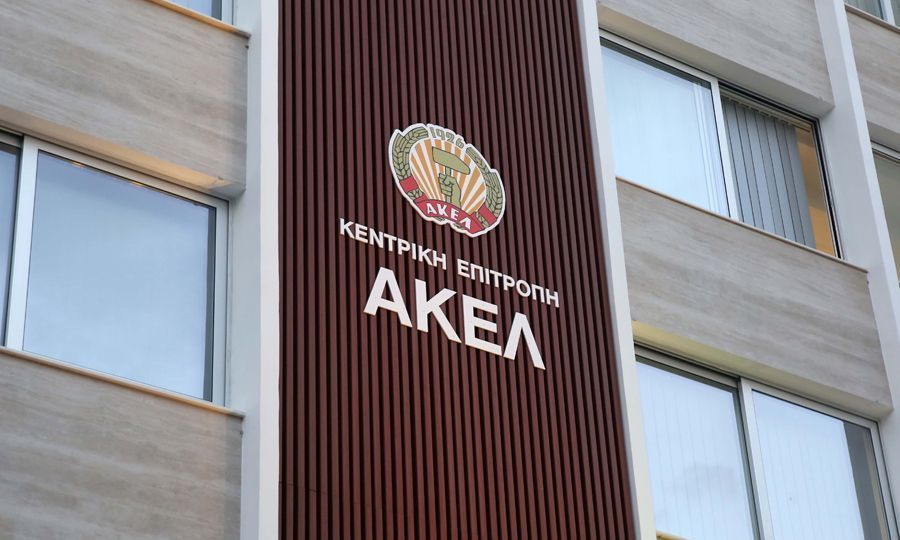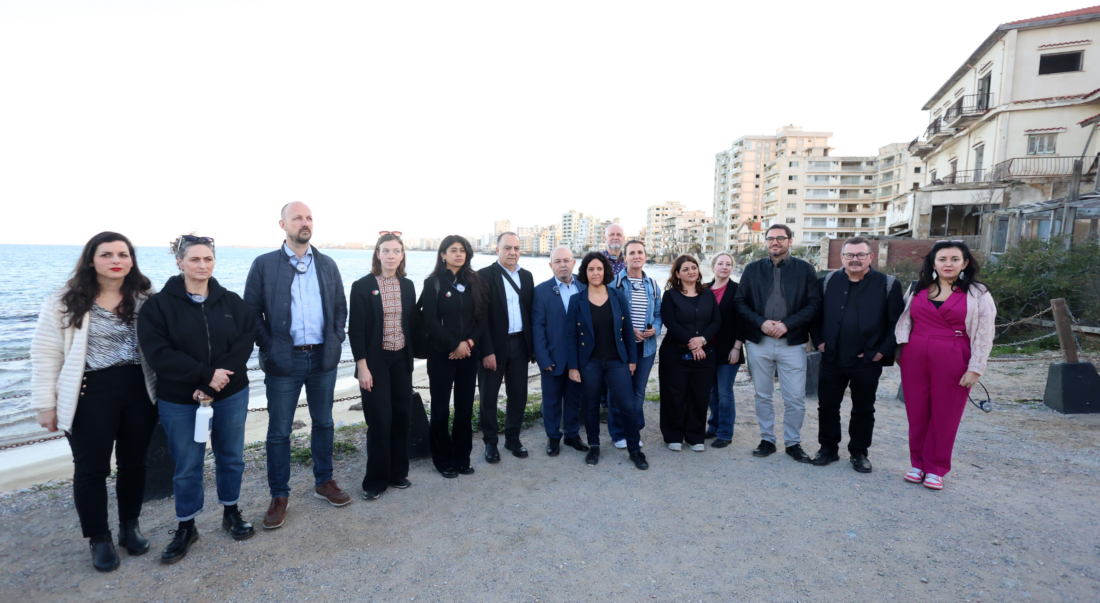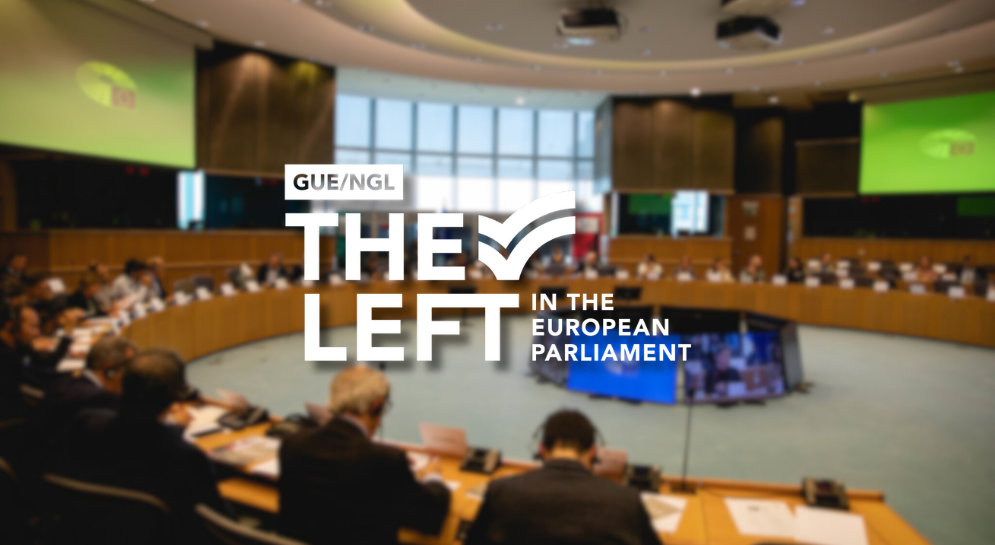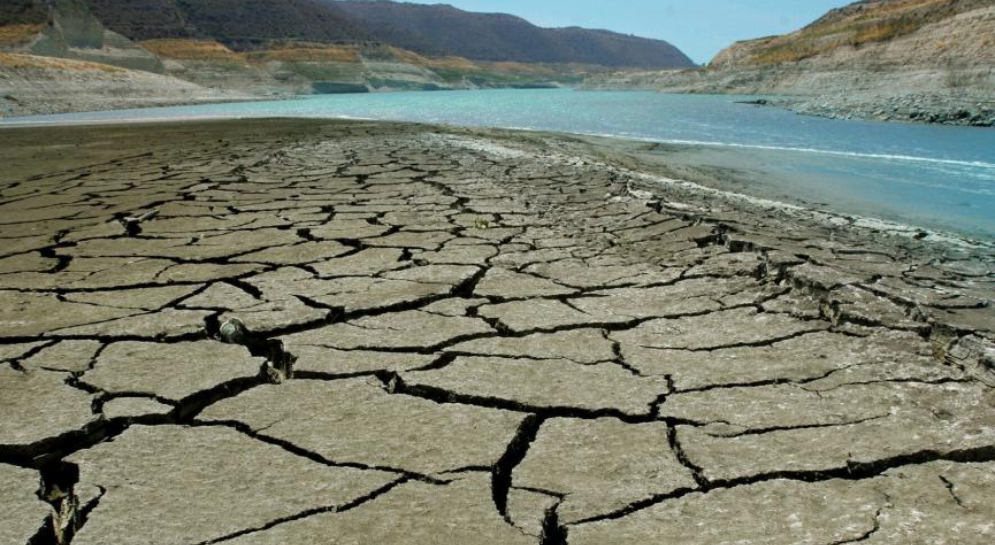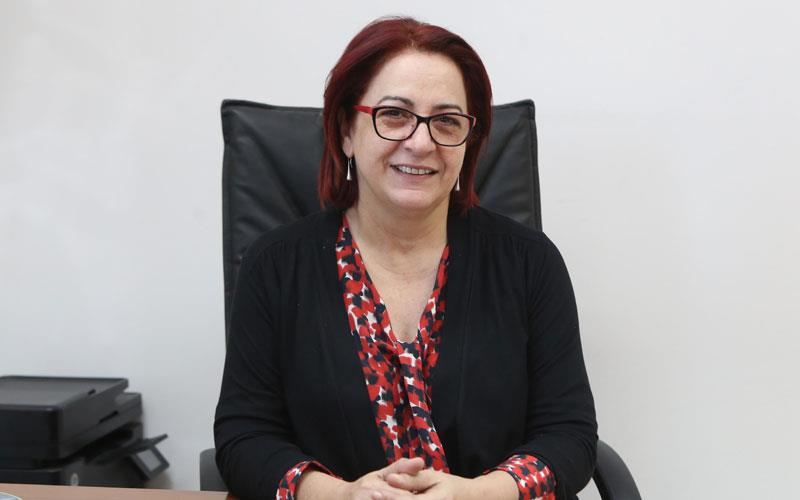
Let’s be honest… – Article by Eleni Mavrou, AKEL Political Bureau member
31 July 2022, “Haravgi” newspaper
The UN Security Council renewed a few days ago the mandate of the UN peacekeeping force in Cyprus (UNFICYP) for another six months, until 31 January 2023.
In itself, the decision to continue UNFICYP’s presence is significant, considering that this is one of the longest-running UN missions, given that it has been in Cyprus since April 1964. Over the course of time, its mission and size have varied several times depending on developments on the island. Whatever one’s views on its usefulness may be, it is no small thing for a few hundred peacekeeping soldiers to monitor a line of more than 180 km across Cyprus. Especially when we remember that 184 of them have lost their lives in Cyprus.
Regardless of the above, however, the resolution of the UN Security Council renewing the mandate of UNFICYP has another usefulness – it reflects the political views prevailing in the international organisation at the time in relation to the Cyprus problem.
And certainly, in the current circumstances, the reaffirmation of the agreed basis (bizonal, bicommunal federation) for a solution to the Cyprus problem is of particular importance.
The UN Security Council’s call for the implementation of international law and avoidance of any unilateral actions and the reference to Varosha is also positive, as is the disappointment recorded at the fact that recent Turkish actions are not aiming at restoring the status quo.
We should be concerned, however, by the equating references to violations of the buffer zone by both sides. Hence, the government’s insistence on erecting “barbed wire” may serve its xenophobic, racist narrative for internal consumption purposes, but it comes at a serious cost in the effort to highlight Turkish arbitrary and illegal actions.
More importantly, we should be concerned that despite the fact that Turkey and Tatar are stepping up their rhetoric for a two state solution, equal responsibilities are being assigned on both sides for the stalemate.
It is therefore not enough for the Cypriot Government, through the Ministry of Foreign Affairs, to express satisfaction that the resolution reaffirms the basis for a solution to the Cyprus problem.
The questioning by Anastasiades himself of the provisions of the Guterres Framework, which was repeated this week, does not help the Greek Cypriot side to regain credibility, especially when it is refuted by written documents.
Just as N. Christodoulides’ claims of “communication tricks” (on Turkey’s threats to open the fenced off area of Varosha) and Anastasiades’ “new ideas” which were given full cover by DISY President Averof Neophytou and DISY did not help in previous years.
What is needed is the assumption of convincing initiatives, without ignoring, of course, that regardless of the intentions of the Greek Cypriot side, Turkey’s behaviour will play a decisive role in any developments. It is this reality, however, that makes it so necessary for our actions to force Turkey to de-escalate the crisis it has created or, at the very least, to shift the burden and responsibility for any developments on Turkey and the Turkish Cypriot side.

